Kiva Capital envisions a financially-inclusive world where all people, regardless of socioeconomic status, have access to reliable and scalable capital. Established in 2019 as a subsidiary of Kiva, Kiva Capital is an asset manager that supports underserved communities with impact-first capital. By leveraging a unique global lending network of financial services providers and social enterprises, Kiva Capital seeks to provide investors with deep financial inclusion and social enterprise impact alongside financial returns.
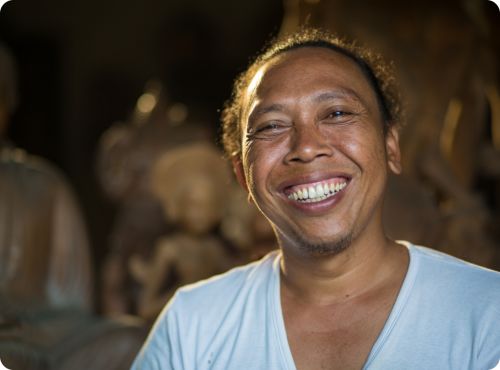
Kiva Capital
Unlocking scalable impact investments for financial inclusion
Kiva Capital Investment Focus
Expanding opportunities to underserved markets globally, Kiva Capital leverages the impact mission, network, and global brand of Kiva to provide catalytic, private investment solutions to expand financial inclusion. Kiva Capital actively addresses challenges faced by communities often left out of traditional markets, with particular focuses on small businesses, displaced populations, and women
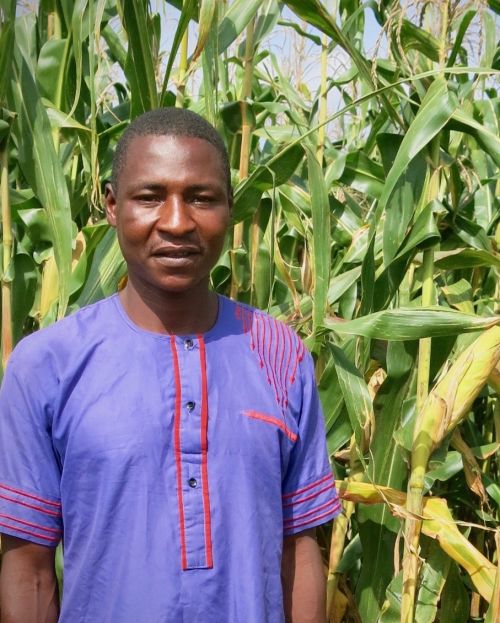
Investing in Small Business Resilience
Micro, small, and medium-sized enterprises (MSMEs) represent about 90% of businesses and more than 50% of employment worldwide. However, MSMEs in emerging markets and developing countries cite access to finance as a key constraint for growth – especially given constraints induced by the COVID-19 pandemic. In the United States, many small businesses had to temporarily close or scale back operations due to pandemic restrictions. Launching two innovative COVID-response vehicles, Kiva Capital was able to steward low-cost capital to small businesses in critical need of capital during the ongoing pandemic both domestically and in emerging markets.
California Rebuilding Fund: The California Rebuilding Fund (the Rebuilding Fund), of which Kiva Capital is the administrator, aims to address the capital and advisory needs of California’s small businesses as they reopened and recovered following the COVID-19 health and economic crisis. With a particular focus on MSMEs in historically under-resourced communities, the Rebuilding Fund has provided over $80 million in affordable capital to 1,385 small businesses that support over 7,000 local jobs across 40 counties in California. Approximately 75% of loans from the Rebuilding Fund went to businesses owned by women or people of color, or businesses located in a low-to-moderate income community. A survey conducted by 60_Decibels in 2022 showcases the Rebuilding Fund’s positive impact on small businesses across California, with particular insights into the medium-to-long term effects of access to affordable capital.
Small Business Resilience Fund: Mobilizing institutional capital to financial service providers, Kiva Capital also partnered with Google in 2020 to launch the Small Business Resilience Fund (SBRF). Facilitating a critical flow of capital to MSMEs affected by the COVID-19 crisis in Sub-Saharan Africa, the Middle East and North Africa (MENA), and Southeast Asia, SBRF was established to support MSME growth and resilience in targeted countries as they recover from the economic effects of COVID-19. From Los Angeles to Lagos, Kiva Capital recognizes that supporting small business financial infrastructure is critical to supporting the economy.
Investing in Displaced Populations
Nearly 90 million people are displaced from their homes worldwide, with this number expected to reach 300 million by 2030 if trends continue. Though immediate humanitarian aid is critical for refugee communities, economic opportunity is needed for longer-term stability. Yet, most refugees are financially excluded due to perceived risk. Mobilizing institutional capital through the Kiva Refugee Investment Fund (KRIF), Kiva Capital seeks to scale refugee lending and support displaced populations in emerging markets while generating financial returns for investors. KRIF builds on Kiva.org’s work demonstrating that refugee financing is a viable and scalable investment strategy.

Furthering Gender Equity
Financial inclusion is an important pathway toward women's economic empowerment and gender equity. Since its inception, Kiva has facilitated loans to over 3.5 million women borrowers around the world. However, at Kiva, we recognize that not only inclusion, but also transformation of how gender is considered throughout our financial system will be necessary to advance women’s economic empowerment and ultimately drive systemic gender equity.
Committed to following the evidence to deepen impact– especially for women borrowers– Kiva partnered with USAID to develop a gender lens assessment tool. Measuring how financial service providers and social enterprises are incorporating gender equity strategies to support organizational stakeholders– from staff members to customers– Kiva’s gender lens assessment tool aims to holistically evaluate our lending partners’ potential gendered impacts. Applying a gender lens in this way allows Kiva to identify context-specific ways to engage our partners in transforming their work environments, practices, policies, and products to further gender equity.
Learn more about the gaps and opportunities in the gender lens investing landscape that Kiva has identified.
Contact Kiva Capital
Kiva Capital partners with a range of impact investors and philanthropic organizations to advance shared goals. To learn more about Kiva Capital, please contact investorrelations@kiva.org.
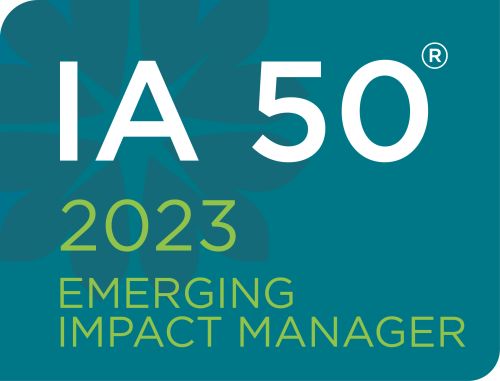
Leading with impact
Kiva Capital is proud to have been selected to the 2023 ImpactAssets 50 Emerging Impact Manager list -- a diverse group of impact fund managers recognized for demonstrated potential to create positive impact. This is the fourth year in a row that Kiva has been included in the Emerging Impact Manager list.
“The caliber of this year’s IA 50 lists is a product of the rigorous application scoring and analysis process that the IA 50 Review Committee has fine-tuned through the years. We’re thrilled to foster the continuing growth of these unique, innovative investing approaches addressing critical issues from climate to racial equity and gender equality.” – Sandra Osborne Kartt, CFA, Managing Director, Investments, ImpactAssets, IA 50 2022 Review Committee Member
At Kiva Capital, our commitment to impact is integrated into every step of the investment life cycle and is supported by our robust proprietary impact measurement and management systems. Kiva Capital is a signatory to the Operating Principles for Impact Management (Impact Principles), a framework which consists of 9 principles designed to promote transparency and accountability, establish common standards, enhance investor confidence, and drive continuous improvement in the impact-first industry towards true and measurable impact.
Kiva Capital’s outlined commitment to robust impact measurement and management can be found in our 2023 Impact Principles Disclosure Statement. Kiva Capital’s Impact Principles were designed to ensure that our activities have a positive impact on the communities we serve. We are proud to share that our Impact Principles successfully completed a rigorous third-party verification process, with verification results that serve as a testament to Kiva's commitment to thoughtful transparency and accountability throughout our underwriting and impact practices.
Kiva Capital Investment Process
By combining a rigorous, top-down country assessment with in-depth, bottom-up company due diligence, Kiva Capital’s investment process seeks to identify potential investees with strong financial and operational sustainability. Alongside financial and operational strengths, our investment process also integrates selection and screening criteria on impact alignment of prospective investees with respect to our dedicated thematic theory of change.
Spotlight: Kiva Capital’s integrated investment process
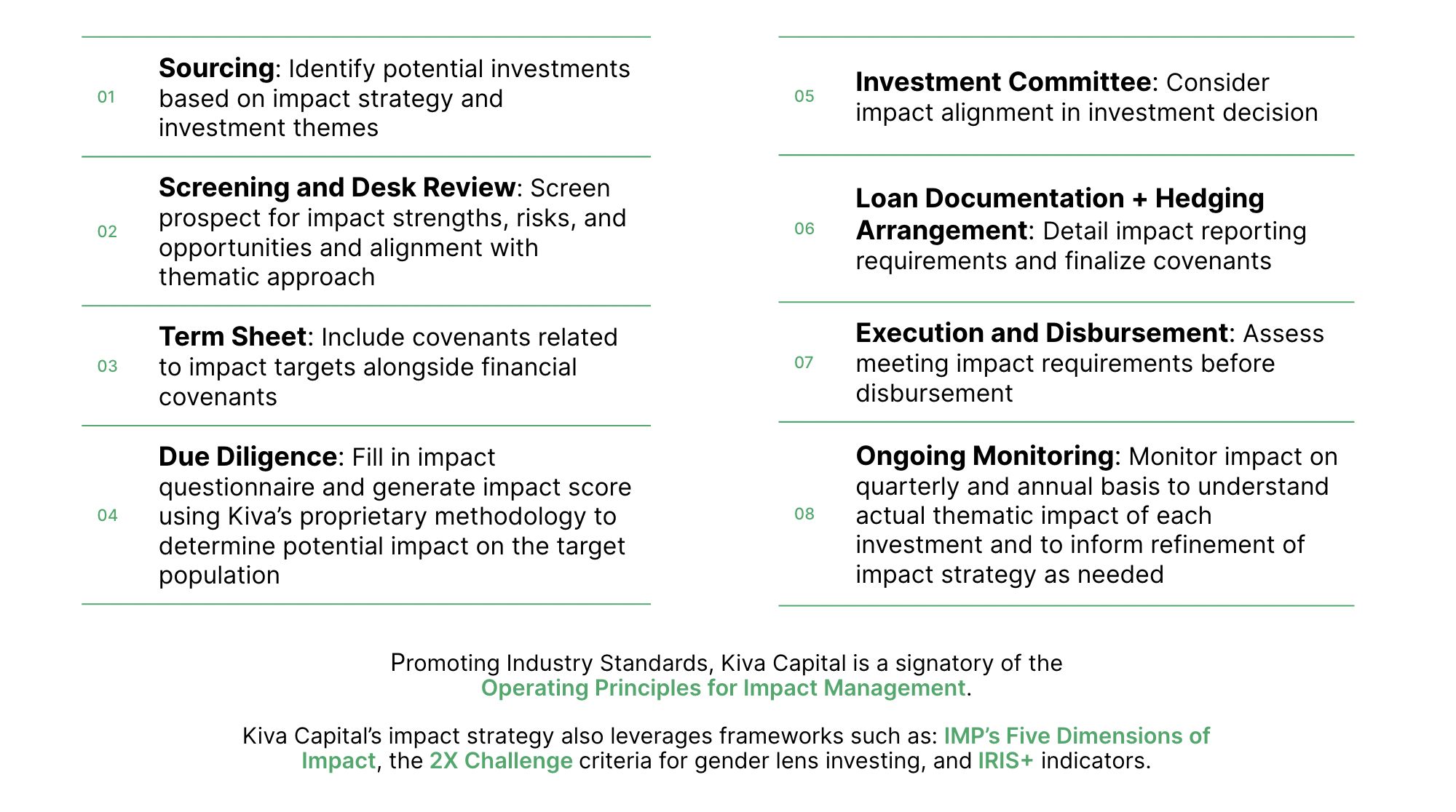
Deepening impact through technical assistance
To strengthen the impact of its investees’ operations, services, and products, Kiva Capital seeks to pair its investments with technical assistance to increase potential impact. Technical assistance in the form of digitization, new product design, borrower data collection, entrepreneurship training, client protection policies, and a range of additional services helps to equip Kiva Capital lending partners to better support their customers and deepen their impact in the communities they serve.
Leveraging Kiva’s global network
Currently, lending to underserved populations occurs through a broad spectrum of institutions, ranging from small, donor-supported non-profit organizations to fully regulated deposit-taking financial institutions. Leveraging Kiva’s well-established global network, Kiva Capital makes private debt investments in financial service providers (FSPs) and innovative social enterprises (SEs) operating in emerging markets committed to delivering meaningful financial services and products to underserved populations. Often, these mission-oriented FSPs and SEs serve as the first providers of basic services to the underserved, many of whom are the primary drivers of jobs in emerging markets.
Kiva Capital leverages Kiva’s nearly 20 year history of investing to advance financial inclusion, globally. Since its founding, Kiva has facilitated over $1.7B in capital to over 4 million borrowers, and has underwritten 200+ financial service providers and 90+ social enterprises. The Kiva team is located in strategic regions around the globe and has executed transactions in over 90 countries.
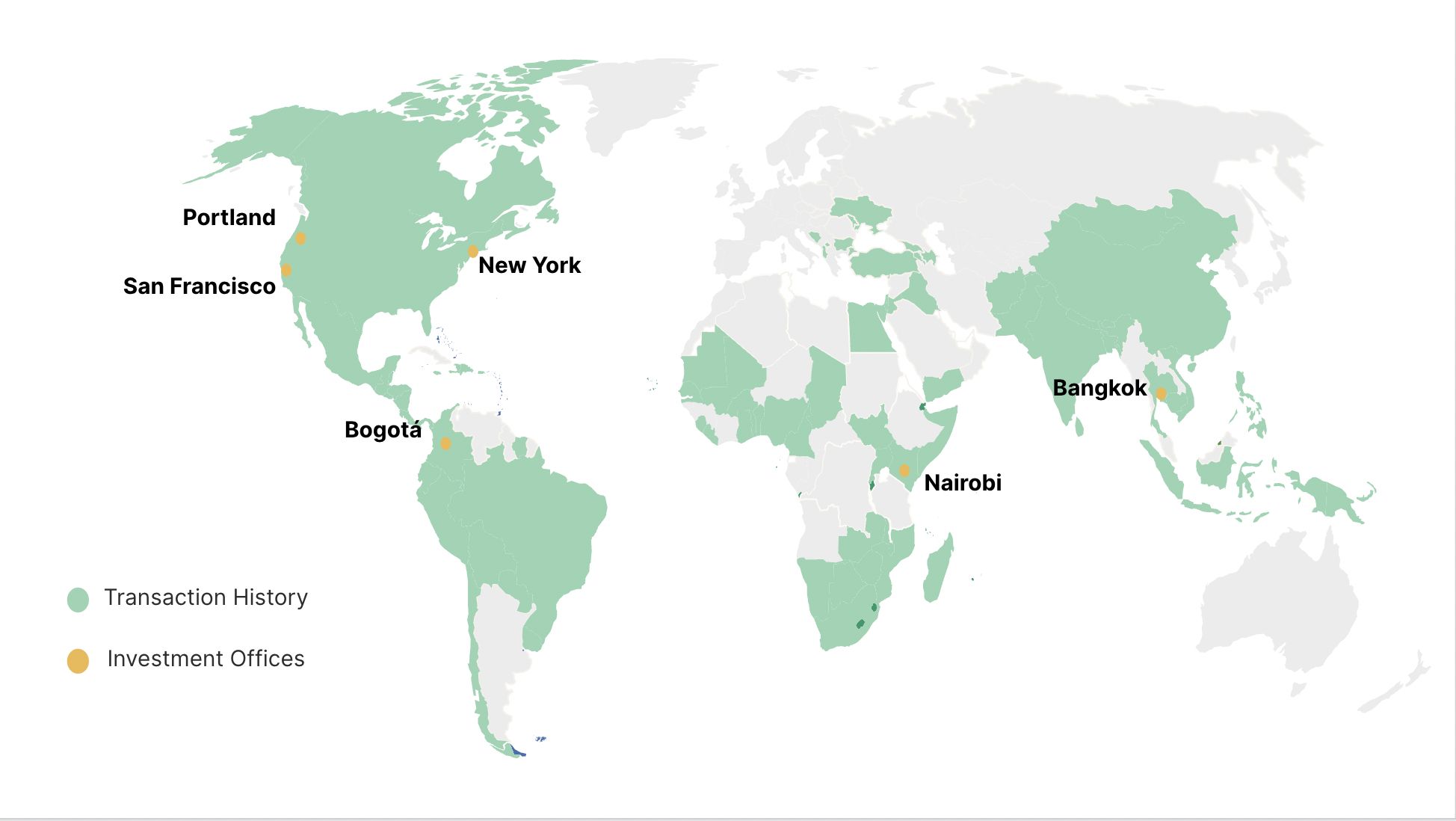
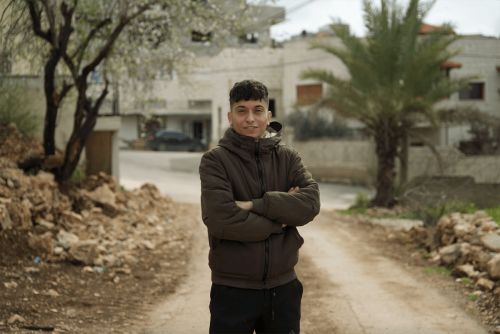
Kiva Capital Impact Investment Spotlight: FATEN
Palestine for Credit & Development (FATEN) is a non-profit organization that provides micro and small loans to entrepreneurs in Palestine. In February of 2009, FATEN posted their first loan on Kiva.org with a gross loan portfolio (GLP) of $12.5M. Over the course of 13 years of partnership with Kiva, FATEN’s GLP has since grown to $110M and the majority of the $30M raised by FATEN on the Kiva crowdfunding platform has been used to serve refugees. As the organization grew to become the main source of lending to Palestinian refugees, investing in FATEN through the Kiva Refugee Investment Fund (KRIF) was a welcomed next step for the partnership. In Q3 2021, KRIF disbursed $3M to FATEN to further support the expansion of refugee lending in Palestine. Kiva Capital estimates that this $3M loan will reach over 1,000 refugee borrowers.
Meet some of the Kiva Capital staff

Nicolas Lafaye
Senior Director, Kiva Capital
Nicolas serves as one of the portfolio managers for the Kiva Refugee Investment Fund (KRIF) and as Regional Director of the Latin America & the Caribbean team, focusing primarily on KRIF portfolio investments and kiva.org lending partner relationships in Latin America and the Caribbean. Nicolas joined Kiva in 2010 and worked as a Portfolio Manager for South America and subsequently for Southeast Asia and the Pacific. Prior to Kiva, Nicolas spent two and a half years in Hong Kong working for Société Générale as a Financial Controller for all support functions in the Asia Pacific region. Before that, he spent a year in Vietnam working for the French NGO Enfants du Mekong as an Auditor & Operational Controller, supervising more than 200 educational programs and ensuring the NGO’s expansion. He is a native French speaker and also fluent in Spanish. He received his Bachelor’s degree in Economics and Management and his Master’s degree in International Affairs, with a major in International Finance and Management, with merit, from University of Paris IX in Paris, France.
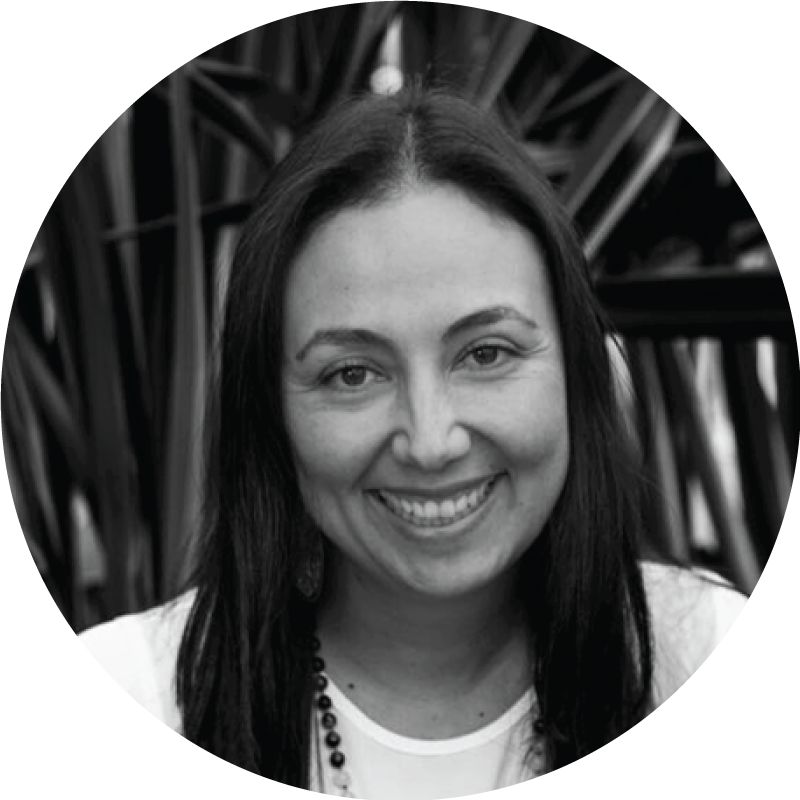
Lina Ramírez
Investment Manager, Latin America
Lina Ramírez joined Kiva in February 2020 as an Investment Manager covering El Salvador, Honduras, Costa Rica, Chile and Colombia. Lina brings over 16 years of Financial Industry experience to the Kiva Capital team. Prior to joining Kiva, Lina worked at the Financial Superintendence of Colombia, a government agency responsible for overseeing financial regulation and market systems under the Ministry of Finance, where she supervised the largest conglomerate in the country. At the agency, Lina also led the authorization of licenses for all new institutions and mergers and acquisitions in the financial sector. Prior to working for the Financial Superintendence of Colombia, Lina served as the Director of Debt for LAC at Incofin, a Belgium-based Microfinance Investment Manager, where she covered investments in financial service providers and SMEs in the agriculture sector. Lina started her career at Citibank Colombia in the corporate risk and the Financial Institutions groups. Lina holds an MBA from Vlerick Business School, Belgium, and an undergraduate degree in industrial engineering with a minor in finance.
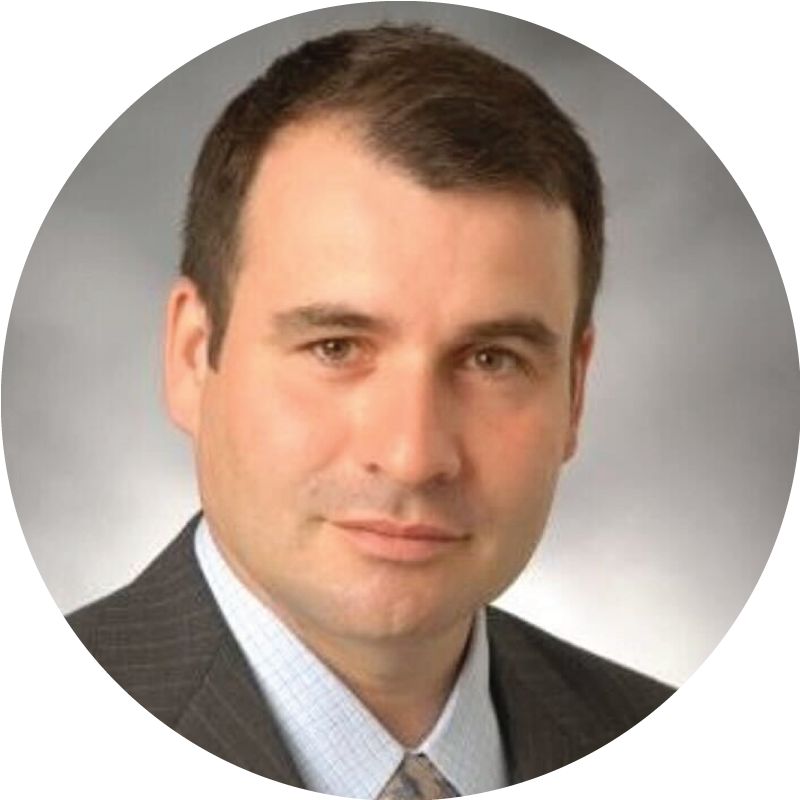
Andreas Eichin
Senior Director, Structured Credit
Andreas joined Kiva in 2020, bringing over 20 years of experience in the financial sector, and microfinance in particular. Before joining Kiva, Andreas served as Director of Investments at MicroVest Capital Management for over 11 years, where he was responsible for various aspects of deal origination, structuring, and fund management. Prior to MicroVest, Andreas spent 10 years as a microfinance expert and bank advisor in Latin America and the United States, where he worked with development finance institutions on development projects, feasibility studies, business plans, and project monitoring. Andreas received his MSsc. in Finance, Structured Finance, Portfolio Management, Investments, and Statics from The George Washington University and his Msc. in Economics, Political Economy, Institutional Economics, and Monetary Theory from Albert Ludwigs University, Freiburg.

David Kitusa
Director, Business Development Africa
David Kitusa is Kiva’s Regional Representative for Anglophone Africa. As the Regional Representative, David is responsible for driving Kiva’s expansion and growth strategy by exploring new partner relationships, working and strengthening the existing ones, and building Kiva’s regional presence. David has over 20 years of progressive wealth experience in microfinance and Impact Investment both at operational and policy levels. Prior to Kiva, David served as the former acting Chief Executive Officer at AMFI, where he successfully spearheaded the turnaround of the Association, as well as assisted with fundraising, strategic planning, coordination, and establishing linkages with external stakeholders. He was instrumental in drafting and advocating for the passage of the microfinance Act 2006.

Barrett Redmond
Associate, Investor Relations
Barrett joined Kiva in 2022 as the Investor Relations Associate and is responsible for supporting Kiva Capital’s client services, fundraising efforts, and gender strategy. Prior to joining Kiva Capital, she worked on global development issues related to gender and access to financial services at Grameen Foundation, and also served as a Community Economic Development Peace Corps volunteer in rural Paraguay. Barrett holds a Master of Development Practice (MDP) from U.C. Berkeley’s Goldman School of Public Policy, and a B.S. in Businesses and Enterprise Management from Wake Forest University.

Joel Hughey
Senior Director, Impact
With over 20 years of experience working in International Development in strategy, monitoring, evaluation, and research, Joel is passionate about impact. He has led organizational change efforts to drive greater impact and managed multi-disciplinary teams focused on capturing, translating, and communicating evidence of impact to stakeholders and partners. Prior to joining Kiva, Joel spent over 15 years at World Vision, most recently serving as the Senior Director, Evidence Building and Research where he provided strategic leadership, management, and coordination for building the global evidence for World Vision’s child well-being. Prior to World Vision, Joel served as a Project Manager for World Relief. Joel has a master's degree in International Development from Tulane University, and has lived and worked in Ethiopia and Kenya leading community development efforts in rural, underserved communities.
No Offer of Securities: Under no circumstances should any material at this site be used or considered as an offer to sell or a solicitation of any offer to buy an interest in any investment fund managed by Kiva Capital Management. Any such offer or solicitation will be made only by means of a Confidential Private Placement Memorandum relating to the particular fund. Access to information about the funds is limited to investors who qualify as “accredited investors” within the meaning of the Securities Act of 1933, as amended, and who are capable of evaluating the merits and risks of prospective investments. We do not make any representations as to the accuracy or completeness of the information contained on this website and undertake no obligation to update the information.